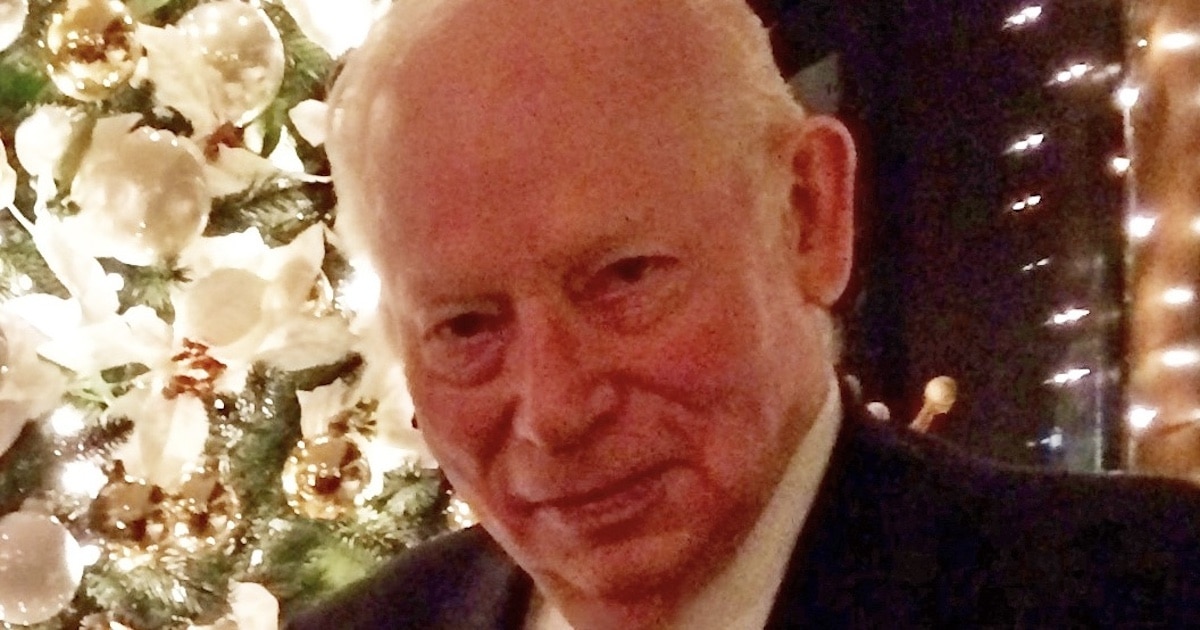 Faith & Science
Faith & Science
 Physics, Earth & Space
Physics, Earth & Space
My Dinner with Steven and Louise Weinberg

In the late 1990s, a number of us had dinner with Steven Weinberg and his wife Louise at a restaurant in Austin, Texas. Weinberg as well as his wife were on faculty there at the University of Texas, he in physics, she in law. Another faculty member had arranged a public exchange at the university between Weinberg and Phil Johnson, Johnson at the time being a key figure in challenging naturalism and advancing intelligent design. After the exchange, we went to dinner.
A Towering Figure
Weinberg, who died in 2021, was a towering figure in 20th-century physics. Yes, he had a Nobel Prize. But he was a big deal even among fellow Nobel Prize winners. Besides a stupendous record of achievement in physics, he was also a great writer whose popular treatments of science, such as The First Three Minutes, sold well and made him not just a physicist but also a public intellectual.
I remember two things especially about the dinner. Weinberg was very smart and let you know it. He was also an outspoken atheist, and it would have taken courage to confront him on his atheism (which Phil Johnson did). But it was interesting at the dinner to hear from Weinberg a key reason why he rejected theism, namely, he knew Christians physicists who hesitated to share with him their faith. As he put it, if Christianity is true and Jesus is so important, why don’t they talk to me about their faith?
I’m not sure how much stock to put in Weinberg’s objection. The faculty member who set up the exchange with Johnson and then the dinner wasn’t hiding his faith, nor was Johnson. But Weinberg’s objection raises an interesting point about how much faith goes unshared because we are intimidated by the people with whom we might otherwise share our faith. The consistent testimony of Scripture is that we should fear God and not man.
Not a Great Atheist
The high point of the dinner for me, however, came from his wife Louise. Weinberg was holding court, going on about how much he knew about the origin of the universe and how atheism was the only intellectually viable option. Louise turned to the table and remarked that scientists like Weinberg, who are accomplished in one area, think they speak with authority in every area, but they can’t.
It was like air being let out of a tire. For all of Weinberg’s bluster and confidence, it was heartwarming to see him meekly accept his wife’s correction. As an attorney and law professor, Louise knew that there are no universal expert witnesses in a court of law. Weinberg was a great physicist. But he wasn’t a great atheist. And I say this to his credit.
I personally suspect that Weinberg had doubts about his atheism, and that his atheism was more a pose than a reflection of his heart. One reason I say this is that Weinberg seemed always ready to engage theists. A few years after the dinner, I helped organize a conference at Baylor titled “The Nature of Nature.” Weinberg agreed to be a speaker at the conference if we would provide a limo for the 100 mile trip from Austin to Waco. Of course, we obliged. It was an honor to have him.
Cross-posted at Bill Dembski on Substack.
